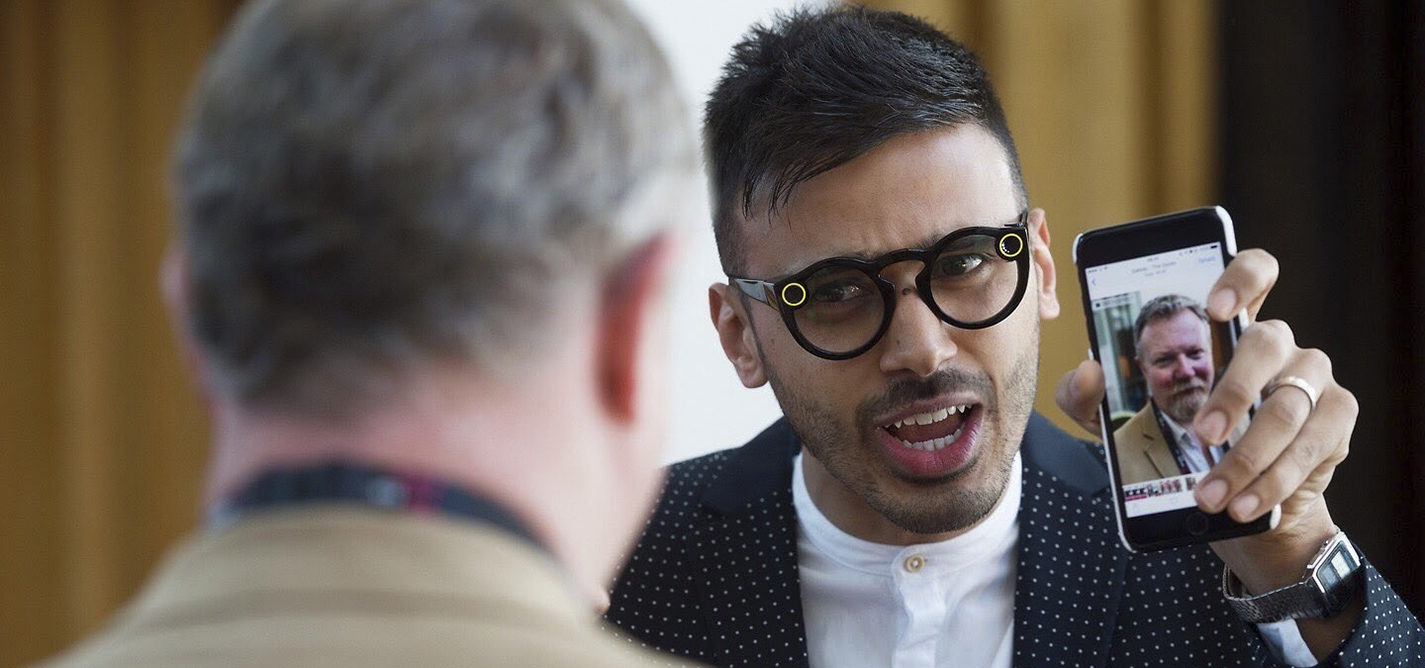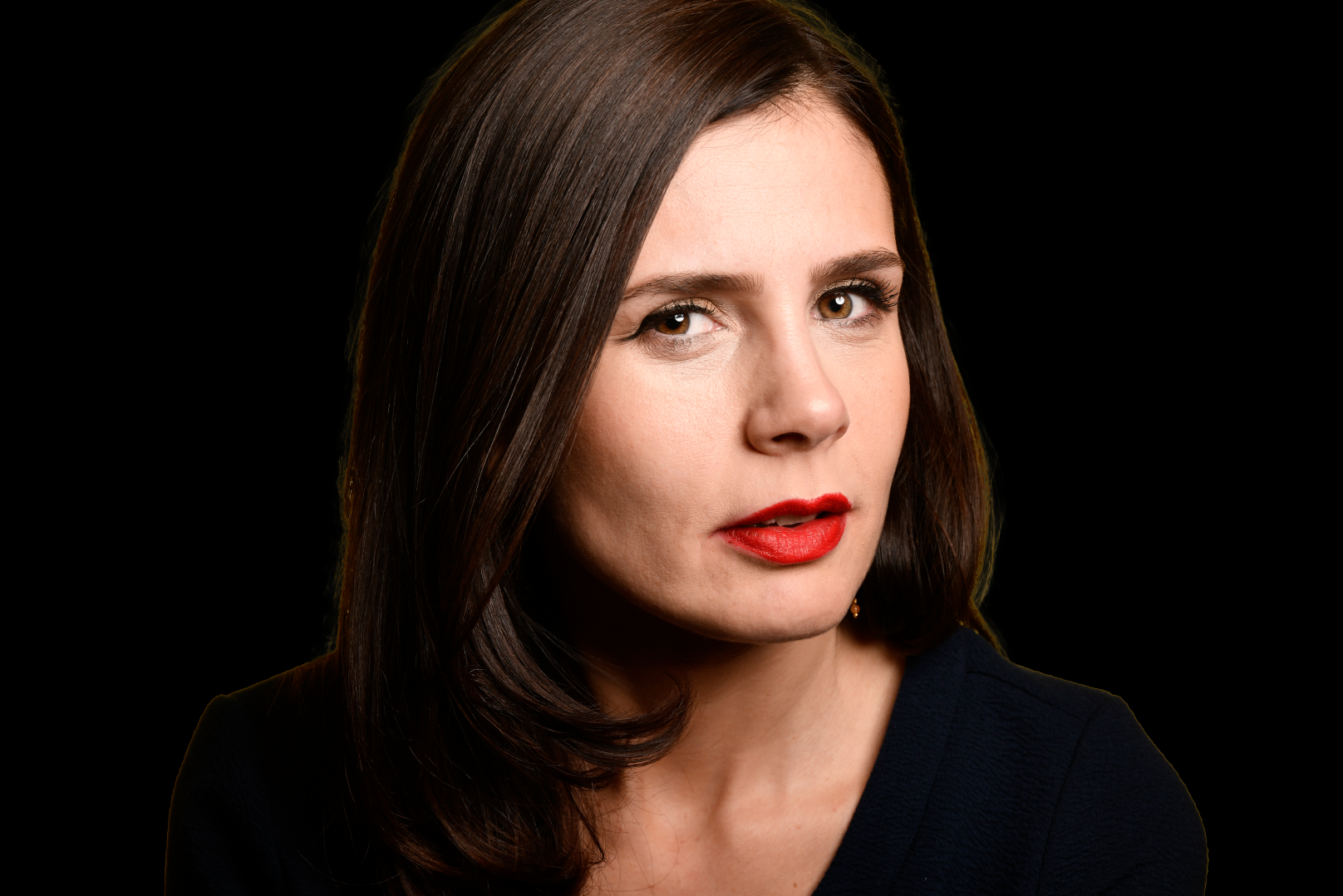
Yusuf Omar: It’s easy to manipulate one camera, it’s difficult to manipulate thousands
International mobile journalist discusses camera glasses, hitchhiking to Syria and how we should've seen Donald Trump coming.
Fundamentally I believe it makes some kind of difference to not just be part of the world but also change the world, to immerse yourself into other peoples’ lives.
The ability of mobile journalism is the ability to really appreciate distinctive local stories that are relevant to global markets.
The very reason that we missed the rise of Donald Trump in the U.S. was because they were not listening to Middle America.
If that fits with advocacy and taking a stance, then I say there are stories that a journalist can take a stance on.
Everyone can be a reporter but journalism requires certain principles, ethics, which helps us to work out what’s real and what isn’t.

Dafina Halili
Dafina Halili is a senior journalist at K2.0, covering mainly human rights and social justice issues. Dafina has a master’s degree in diversity and the media from the University of Westminster in London, U.K..
This story was originally written in English.